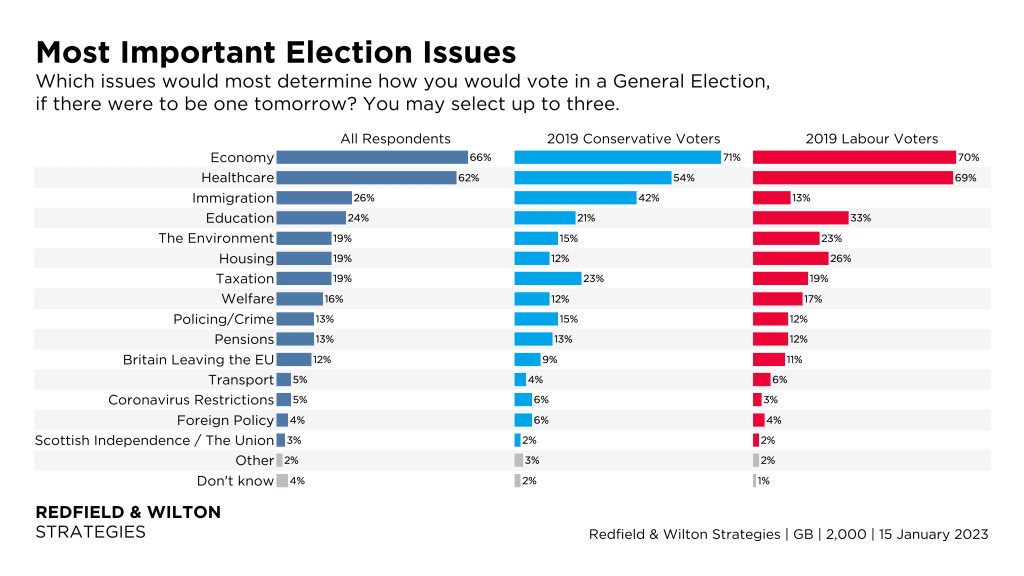The public is more similar than you may think
This week I return to my editorially self-destructive line about political polling: it’s often much more boring than you may think or the headlines make it. But it’s interesting that it’s boring so keep reading, please.
Then it’s a look at the latest national voting intention polls, followed by (for paid subscribers) a round-up of other political polling findings from the last week.
As ever, if you have any feedback or questions prompted by what follows, or spotted some other recent polling you’d like to see covered, just hit reply. I personally read every response.
With that, on with the show…
My privacy policy and related legal information is available here. Please note that if you are subscribed to other email lists of mine, unsubscribing from this list will not automatically remove you from the other lists. If you wish to be removed from all lists, simply hit reply and let me know.
The similarity of the public’s views
Pollsters, the media and indeed myself often make much of the difference in views between different sections of the public. Sure, there are some variations and, for example, crosstabs regularly show that women are more willing to say, ‘don’t know’ in answer to a political question than men are.
But what’s often over-looked is just how similar different groups of the public are. The variations are often details on a theme of similarity.
This is shown by Redfield & Wilton’s recent polling on what issues matter most to people:
What usually gets attention, and generates political punditry, is the big variation in attitudes towards immigration. That comes through clearly in this poll - picked by 42% of 2019 Conservatives and only 13% of 2019 Labour voters.
But look at the rest of the graphs, and overall, it’s a remarkably similar picture. Economy and healthcare dominate. Issues like education, environment and housing all are prominent, though not prominent enough to be election winners on their own. Issues like Europe, transport and foreign policy all near the bottom.
In a close contest, the differences matter, and immigration is - whether you’re a fan or a critic - important in its impact.
Yet for all the talk about polarisation, echo chambers and fragmented media, the picture so often is of a recognisable overall pattern of opinion across us all.
Nor, for all the talk of change, are the top two - the economy and the NHS - unusual. A politics dominated by those two is a politics that would be recognisable to politicians, pundits or voters from many previous decades.
Not all is different, and not all is changing.
For more on the public’s attitudes to immigration, see my previous edition, Increasing public support for immigration.
National voting intention polls
Here’s the latest from each currently active pollster:
For more details and updates through the week, see my daily updated table here.
Last week’s edition
Do two-thirds of people really want a referendum on rejoining the EU?
Know other people interested in political polling?
Attitudes towards public sector strikes, and other insights from this week’s polling…
Keep reading with a 7-day free trial
Subscribe to The Week in Polls to keep reading this post and get 7 days of free access to the full post archives.




